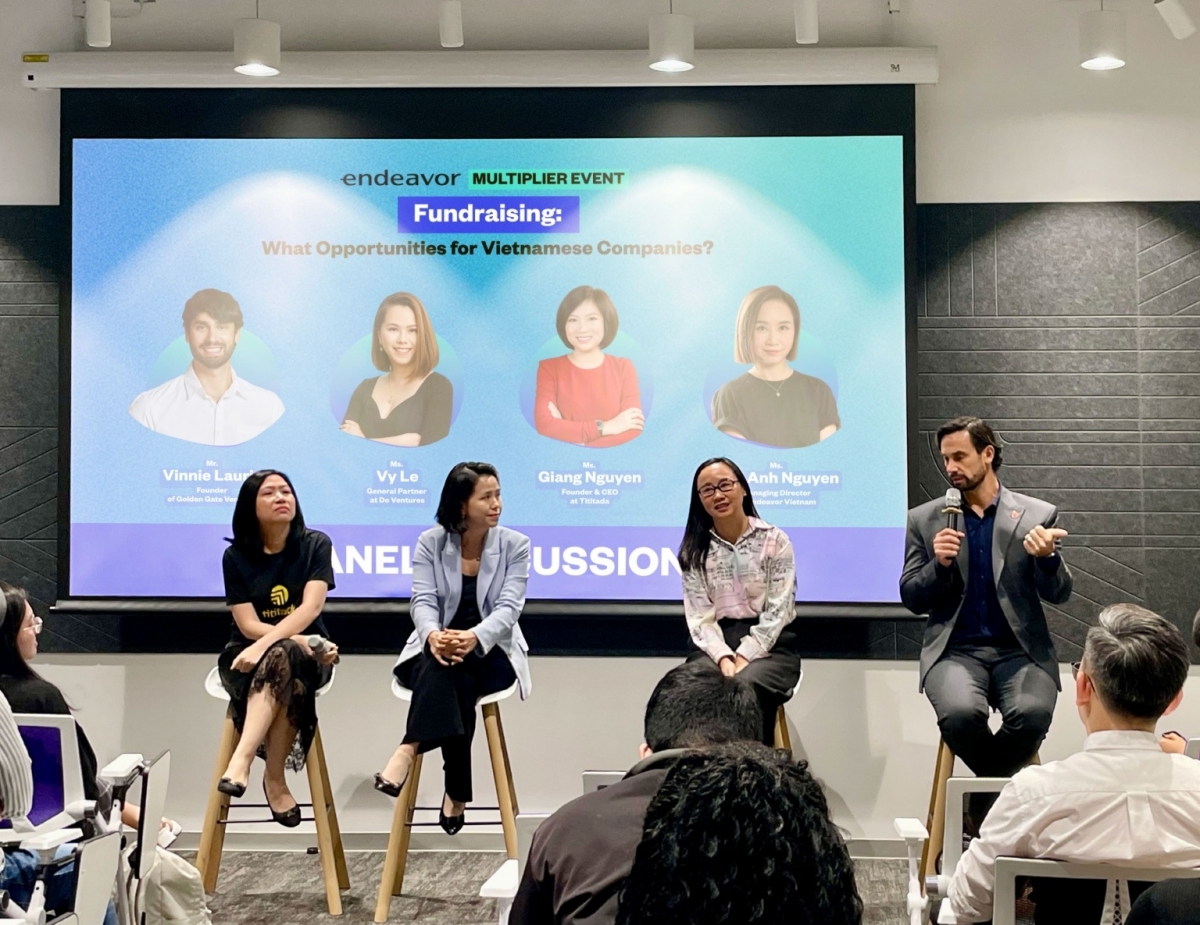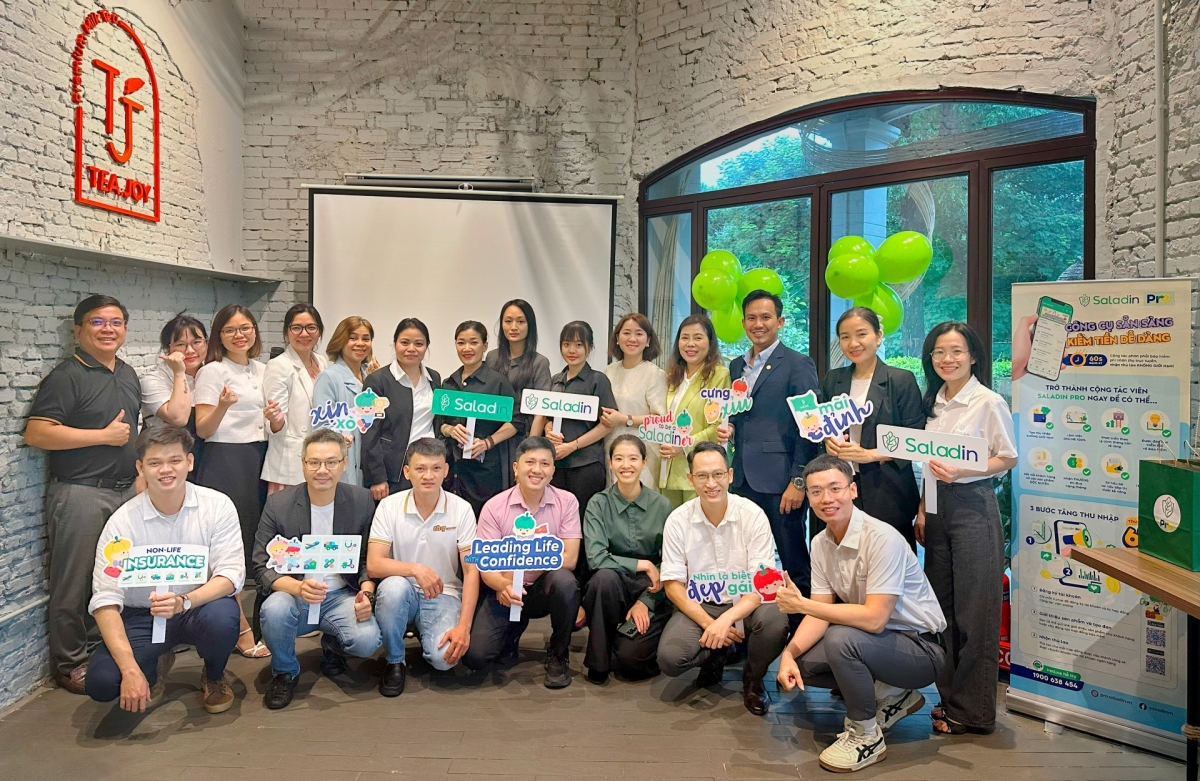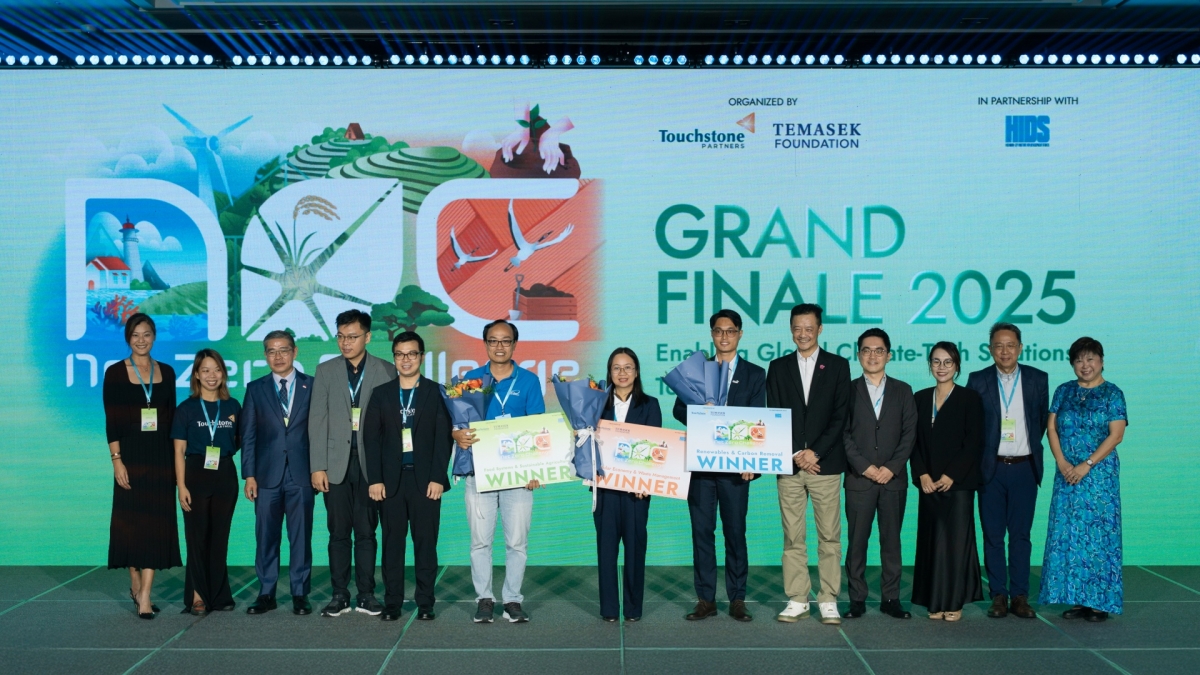INTERNATIONAL INVESTMENT
AND PORTAL
About 40 Japanese investors and large businesses met with Vietnamese startups at the Startups Connecting HUB - Pitch & Meet, hosted by the Japan External Trade Organization (JETRO) in Hanoi last week.
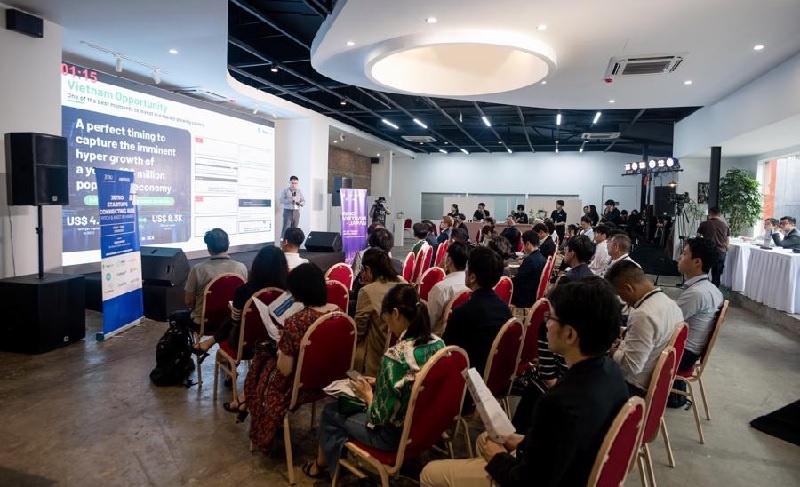 Participants at the gathering. Photo: JETRO Hanoi
Participants at the gathering. Photo: JETRO Hanoi
Ogata Ryosuke, general manager of the Hanoi Representative Office of Mitsubishi Research Institute, Inc. joined the event for the first time as he anticipates growing investment chances in the local startup ecosystem.
“We have investment track-record in Japan, but not in Vietnam yet. We focus on startups that create social impact. In Vietnam, there are a lot of social issues that must be tackled such as healthcare, education, traffic, and pollution,” he told VIR. “Japan has already experienced in resolving such issues so we can utilise our experience for building startups ecosystem in Vietnam.”
Do Bui, founding partner and CEO of ThinkZone, sees more Japanese companies eying the local startup ecosystem because they are more active and market conditions are more attractive in terms of rising average income, rising the middle class, and the government’s new incentives.
“Traditionally, Japanese investors look at major businesses in Vietnam in banking and finance, energy, and real estate. When the business climate becomes more favourable, new investments to expand the Japanese ecosystem here are targeted in other sectors like technology in order to strengthen Japanese links,” Bui said.
“We have worked with many Japanese bankers and companies who expect to bring Vietnamese startups to go public in Japan. Many unicorn startups from Vietnam are backed by Japanese financiers, such as VNPay and Momo. I believe that Japanese funding will continue to flow into local startups,” he added.
According to JETRO, since 2020, the organisation has hosted 30 webinars connecting Japanese funders and Vietnamese startups. Each event has attracted about 200 Japanese groups on average. This year, the event was hosted offline for the first time as investors said that at the final stage, they need to meet personally to build trust.
Takeo Nakajima, chief representative of JETRO Hanoi, admitted that while Vietnamese startups are not so well known among some Japanese people, particularly in the business community, with Vietnam more renowned for its manufacturing base.
“In terms of startup investment, Vietnam is still in the developing stage in ASEAN. Singapore is the largest startup ecosystem and the investment market, and next is maybe Indonesia. Vietnam is getting attention as a next innovation hub in ASEAN so that Japanese firms should pay attention to here so that they will not miss the opportunity,” he said.
In terms of sectors and industries, Japanese funders eye many different sectors like education, healthcare, the environment, and transportation, he added. “And I believe healthcare is the next big thing. There are many business opportunities for Japanese international investors to delve into.”
Founded six years ago, Finhay is a new player and has received financing from the Japanese.
Chief marketing officer Huong Vu said, “I find that more Japanese ventures are coming to Vietnam. Finhay has been performed well, and we target to work with more Japanese partners in the future to enable us to become the most popular investment app in Vietnam, with revenue and profit growth of 20-30 per cent annually.”
Do Bui of ThinkZone noted that the government’s new incentives for investment in technology and innovation are being put on trial in Ho Chi Minh City, simplifying the investment process and opening a flexible investment structure. They are expected to be applied in other cities and provinces in the upcoming time.
Nevertheless, the legal framework for investment in startups is also being discussed. Nakajima of JETRO Hanoi elaborated that there are still unclear regulations.
“For example, remote healthcare, diagnosis, and treatment is not regulated clearly. Another area is the next generation of transportation. In advanced countries, many cities have started allowing drones for deliveries under a certain circumstance to foster innovation,” he said.
Some countries in Asia, policies are much more advanced, Nakajima explained, while expecting that new frameworks of innovation can reach its potential in Vietnam.
To facilitate Japanese financiers’ interest and movements, JETRO plans to host a similar event this month in Ho Chi Minh City and a larger one in November, inviting many VIPs as well as major Japanese and Vietnamese corporations.
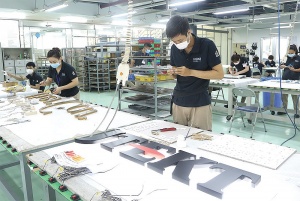 Japanese investors weigh up options
Japanese investors weigh up options
Although Japanese manufacturers may be planning to cut production abroad over the next few years, some groups are being encouraged to increase focus on the Global South to increase security and take advantage of new business environments.
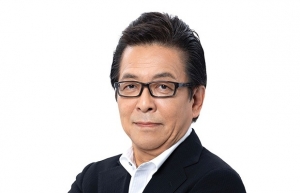 Japanese investors won’t shy from possible M&As
Japanese investors won’t shy from possible M&As
Despite market turbulence, Japanese investors are stepping up their mergers and acquisitions in Vietnam in 2023 with increasing deal values. Masataka “Sam” Yoshida, head of the Cross-border Division of RECOF Corporation, spoke with VIR’s Thanh Van about dealmaking activities involving Japanese investors in Vietnam.
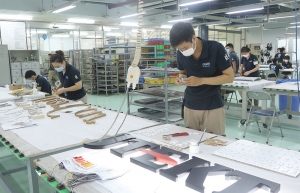 Historic support enters new phase for Japan and Vietnam
Historic support enters new phase for Japan and Vietnam
Japan’s investment in Vietnam’s new sectors will expand thanks to a new scheme currently under discussion, expected to help increase bilateral trade.
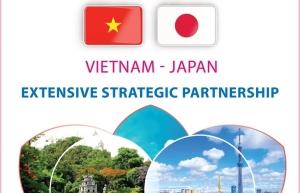 Vietnam, Japan boast extensive strategic partnership
Vietnam, Japan boast extensive strategic partnership
Vietnam and Japan officially established diplomatic relations on September 21, 1973, and bilateral ties have developed in the time since and are currently at their best stage to date, developing strongly and comprehensively in all fields.


